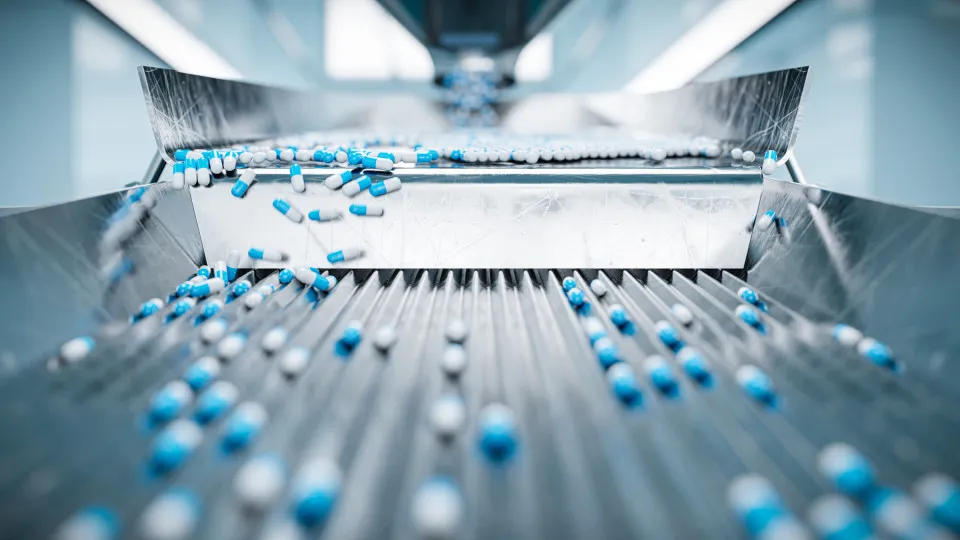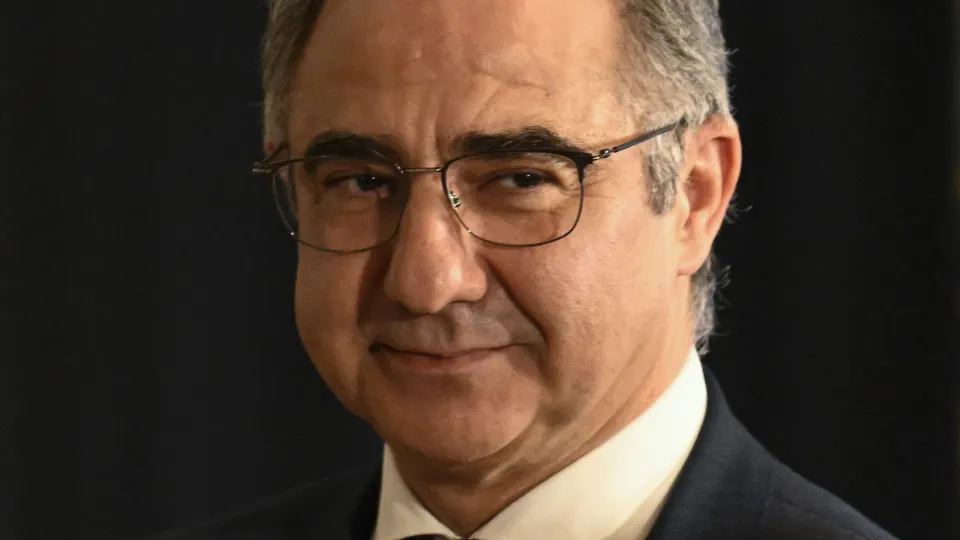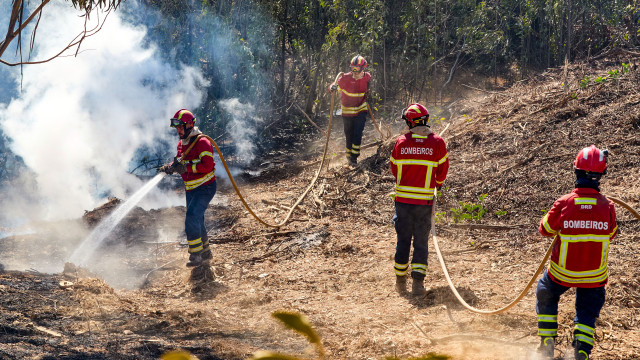
Spending on medications in public hospitals rose nearly 15% from January to September, according to data released today by Infarmed.
“This is primarily due to therapeutic innovation. We have more and more innovative drugs, which translate into better outcomes but also higher costs. Additionally, there is the increase in patients. We are seeing greater demand, the population is aging, and experiencing more pathologies,” stated Xavier Barreto, president of APAH, in a statement to Lusa.
It was reported that drug expenditure in hospitals reached nearly two million euros during this period.
Despite concerns over the rising costs, the association assured that the use of drugs is guided by an Infarmed analysis of their cost and effectiveness.
Thus, they argued there is no “waste or excessive spending,” emphasizing that the issue involves more patients and more innovative drugs.
By therapeutic area, oncology continues to lead, which Xavier Barreto attributed to it being one of the fields with the most research and innovative drugs.
“Medicine is a victim of its own success. We have patients living many more years, and thus consuming more drugs. This results in a greater life expectancy and, in many cases, a better quality of life, but that comes with costs,” he said.
Regarding the increase in the use of generics, which in hospitals is around 57% this year, the APAH president argued that the use of these drugs, as well as biosimilars, always has the potential to increase, although he noted that there are many asymmetries from unit to unit.
From January to September, 152 million packages of medicines were dispensed in community pharmacies, a rise of 6% compared to the same period in 2024.
In hospitals, the increase was 9%.
The increased utilization results from access to health care, the expansion of the SNS user base, the implementation of contribution measures, as well as access to innovative drugs, according to a joint statement from the Ministry of Health, SNS, and Infarmed – National Authority for Medicines and Health Products.
The growth figures in expenditure do not take into account all contributions resulting from refunds to the SNS by the pharmaceutical industry under funding contracts.
These values will only be determined after December, it noted.




